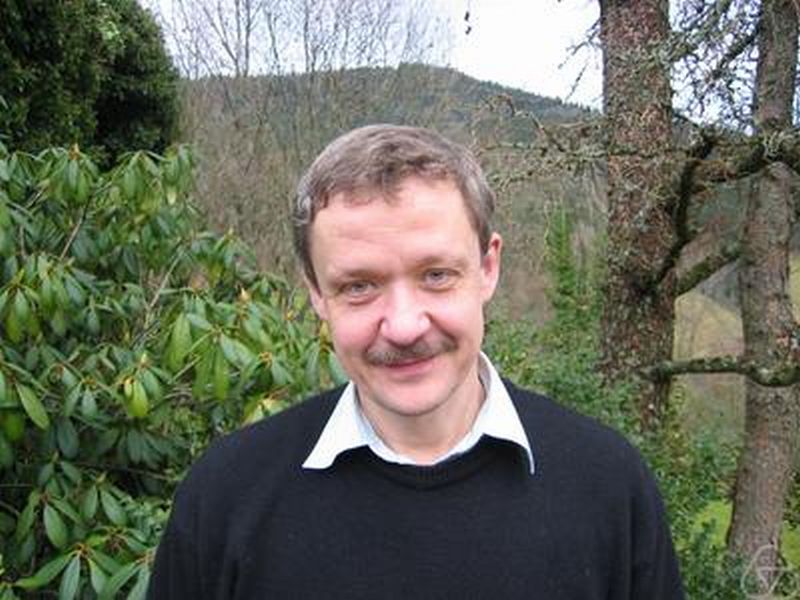World-renowned researcher and World Laurates Association Prize awardee of 2023 Yurii Nesterov joins Corvinus faculty

Yurii Nesterov is a globally recognized and well-respected member of the international scientific community. He earned this status by conducting unique and outstanding research in the field of convex optimization, resulting in 50 thousand citations in Google Scholar as of today. Professor Nesterov, apart from producing optimization methods that completely reshaped the scientific discourse and practice alike; he is an awardee of many prominent scientific prizes, such as the Dantzig Prize, the John von Neumann Theory Prize, and the EURO Gold Medal for his outstanding work in computational optimization. Before the professor decided to join the Institute of Operations and Decision Sciences of Corvinus University and the Corvinus Center for Operations Research (CCOR), he spent one month in Budapest as an invited distinguished research fellow of Corvinus Institute for Advanced Studies (CIAS).
One of the main results of technological revolutions of the past 30 years was the birth of AI and deep learning. “The only thing we can do now is to help in development of AI in the right direction”, the professor opened his lecture at the Corvinus Research Week of spring 2024. In his presentation “Optimization, the Philosophical Background of AI”, he explained why we require new sciences and a renewed university education.
“The appearance of AI gives us many interesting research directions. Corvinus seems to me like a new institution, with a new campus, new students, and new challenges.”
In human sciences, like philosophy, mathematics, and economics, justification is mainly verbal, but all conclusions of AI are based on computations. “In my opinion, optimization can explain the world”, the professor emphasized. “This scientific field provides AI with models and methods which can increase its predictive power”.
Optimization can be seen as the computational background for many different domains. “It is sort of a philosophy, which could explain the reason of different things and help to understand future developments.” For example, algorithmic models can be used to model human behaviour or optimise the design of mechanical structures like the wings of airplanes. “With optimization methods, we can predict the traffic flow of a city like Budapest with many thousands of streets”, he added when we were interviewing him after his lecture. “With this technique, humans can equip themselves with a very powerful tool for solving new problems”.
Professor Nesterov believes that his research can be applied to many fields, and in the next few years a growing number of scientists will get familiar with the methods he uses. “Since this new knowledge is important in many domains, people will be ready to learn”. Currently, Nesterov also participates in the development of a new study programme on Operations Research. He is looking forward teaching master students in a few years about numerical methods. Meanwhile he is doing courses for PhD students and collaborates with colleagues on new research directions.
“Interior point method is an interesting field of research for me and here is a strong group researching it”, the professor explained why he decided to join Corvinus as a full-time research professor. He met Tibor Illés, head of CCOR at a conference in Croatia some years ago where he became intrigued by a collaboration. “It was a nice opportunity for me to join Tibor and his colleagues and work on this topic.”
Interior point methods were very popular in the 90s, but some problems appeared around the application of these schemes. Therefore, the attention of scientists slowly turned away. Now the research group wants to develop it further. “Our goal is to adjust this very efficient method to problems of very big size, maybe millions of unknowns, and see how we can use this technique then.”
The professor considers Hungary to be a suitable place for research because it is in the centre of a region. “It is surrounded by many countries, which may also be interested in research. These communities may not always be well represented in the Western scientific journals, but this does not mean that they can’t collaborate inside the region and develop something together. I hope it will result in interesting advancements”. The University of Vienna and Zürich are also natural partners for Corvinus in his field of research. “Corvinus is the point of growth in Central Europe”, Professor Nesterov emphasized.